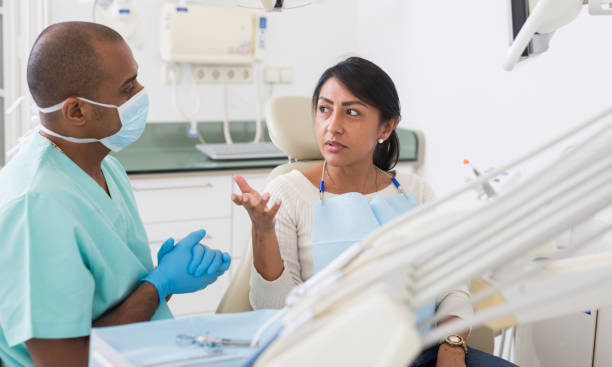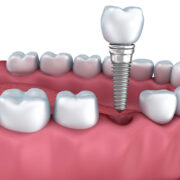Once the dental implant procedure is over and you’ve had some time to recover, what comes next? How do you know if everything is healing properly, and when can you resume normal activities again? Immediately after a dental implant procedure, there are some important things to keep in mind for a smooth recovery. You may be feeling sore and swollen from the surgery, but that will eventually go away with time. There are also important instructions to follow after getting dental implants so that you don’t risk further damage or infection in your jaw. In this post-operative blog, we’ll take a look at what comes after dental implants and how you can proceed with your healing process as quickly and safely as possible.
Observe post-op care instructions
Immediately after your dental implant surgery, there are a few things you should do to promote a healthy recovery. First and foremost, it’s important to follow any post-operative instructions your dentist has given you to the letter. This includes instructions about pain management, eating and drinking, the use of antibiotics and other medications, and the timeline for when you can expect to resume normal activities.
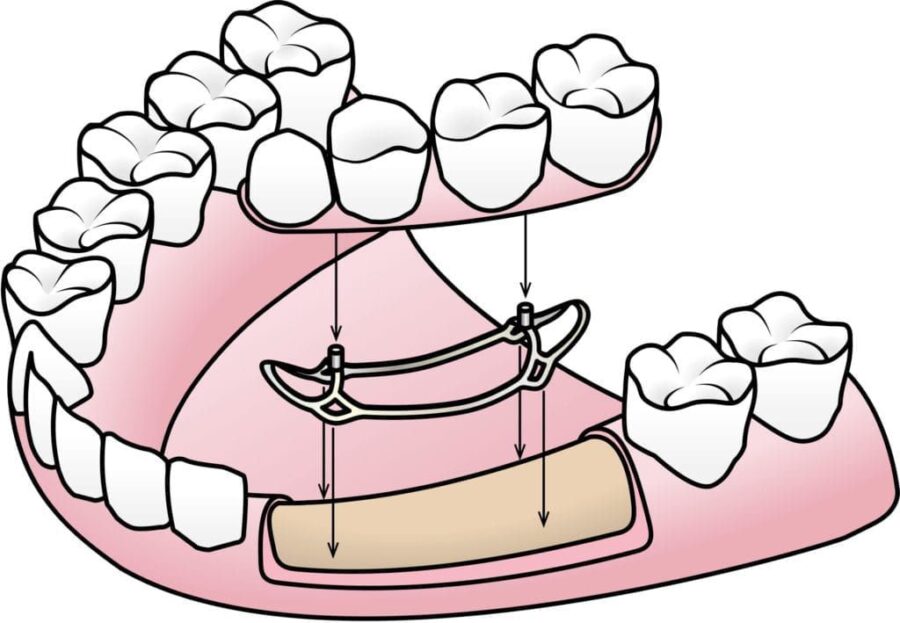
For pain management, your dentist may recommend that you take mild over-the-counter painkillers. It’s also important to follow any instructions about how much and how often you should take these. Taking too much medication can actually impede healing, so make sure to be careful with your intake. For eating and drinking, it’s important to avoid sticky or chewy foods while your mouth is healing.
Avoiding salty, spicy, and acidic foods are also recommended, as they can cause irritation and inflammation. It’s also important to avoid smoking and drinking alcohol during the recovery process. Finally, antibiotics and any other medications prescribed by your dentist should be taken as directed. Be sure to take them even if you feel perfectly healthy. These medications are prescribed to prevent infection and ensure a smooth healing process.
Rinse and swab your mouth | Dental Implant
Even though you might feel keen to start eating and drinking as soon as the implant surgery is over, you should follow the post-operative instructions your dentist has given you. You’ll likely be instructed to rinse your mouth with water and a non-scented mouthwash several times a day for the first few days after dental implants. You should also use a soft-bristled toothbrush to gently scrub the gums and teeth. If you notice any swelling or redness in your gums, you should notify your dentist immediately. Swabbing your teeth and gums with an antiseptic mouthwash can help prevent infection while you’re healing.
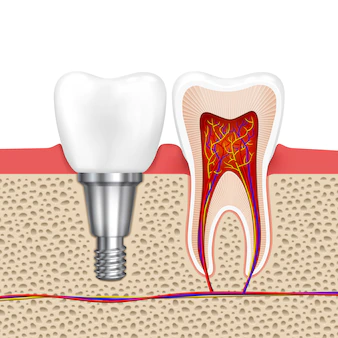
Watch out for Signs of Infection
As we mentioned above, swelling, redness, and pain in the gums are all symptoms of an infection. If you notice any of these in your mouth, don’t ignore them. Let your dentist know as soon as possible so they can treat it. If you have certain risk factors that make you more susceptible to infection—such as diabetes or poor oral hygiene—you may have to be extra careful after dental implants.
Let your dentist know about any other medical conditions you have so they can take them into account when treating you. For the best protection against infection, ensure that your hygiene routine is as good as it can be. Brush your teeth and gums at least twice a day, floss at least once, and rinse with mouthwash. Be sure to visit the dentist regularly to maintain a healthy smile.
Be Careful with Food and Drink
Your jaw will likely be sensitive and tender while it’s healing, so you’ll want to avoid crunchy, hard foods and beverages that may irritate it. Soft and chewy foods are best at first, and you may want to avoid sticky foods as well. Avoid salty, spicy, and acidic foods, as these can irritate your gums and increase inflammation. You may also want to avoid beverages that might irritate your gums, such as coffee, iced tea, or soda. Stick to water, milk, and herbal tea for the first few days after dental implants.
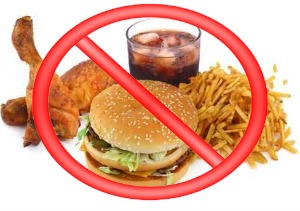
Movement and Exercise
Exercising is a natural part of life. It’s a great way to promote your general health and well-being. However, when you’re recovering from dental implants, you might want to consider holding off on vigorous activity. It’s best to wait until your gums have healed to avoid further irritation. The best thing you can do while you’re healing is to rest as much as possible.
Avoid strenuous activity, such as lifting heavy objects, playing contact sports, and participating in exercises that might put a strain on your jaw. Instead, focus on resting and recovering. Take some time off work so you can focus on your health and let your gums have a chance to heal. You can also try some easier activities, such as walking, cycling, swimming, or yogalates.
Instructions post Dental Implant Procedure
Do’s
Begin brushing from next day. Use any popular pleasant flavoured mouthwash and dilute the same as per the instructions on the bottle.
Preferably use a normal soft brush & AVOID an electronic toothbrush.
Brush and floss carefully and do not disturb the surgical area. Rinse thoroughly after eating
Sleep with head elevated for first 24 hrs.
For the first 3 hours after the treatment; avoid hot foods.
Eggs, Jelly, Cereals, Soups, Milk, Fish, Hamburger, Rice, Khichadi or any Semisolid/ Finely minced Food is recommended.
Avoid citrus fruits & juices. Avoid highly spiced food and alcoholic beverages. These will cause pain.
Foods supplements & vitamins are generally not necessary unless prescribed.
DONT’s:
DO NOT SMOKE as the heat & smoke will iritate your gums & delay healing. If at all possible use this opportunity to give up smoking.
DO NOT RINSE today. But gently clean the treatment area with water or medication as prescribed.
AVOID excess exertion. Activities like Golf, Tennis, Bowling Gymming, Swimming etc should be postponed for 2 days after the treatment.
DO NOT FLOSS for 2 days

BLEEDING:
It is normal for the gums to bleed more than it did before treatment. Do not stop cleaning as advised by us because of this reason.
If bleeding continues contact clinic immediately.
Swelling is usual for first 3 to 4 days. If swelling becomes painful or please call the clinic.
Pain, and numbness till anaesthesia effect wears off as usual. If it does not relieve in about 4 hours call the clinic.
It is normal to have occasional blood stains in saliva for first 4 to 5 hours. If there is excess bleeding, use sterile cotton or gauze piece & apply gentle pressure on bleeding area for 20 minutes. Do not remove it during this period to examine if blood has stopped. You may apply ice pack if suggested
Final Words
When you’re recovering from dental implant procedure, it’s important to ease up on your activities and stick to a gentle routine. This will allow your gums to heal as quickly as possible without infection, pain, or irritation. If you’re in the process of recovering from dental implants, we hope you found this post helpful. It’s important to remember that every individual heals at a different rate, so it’s natural for your healing process to take a certain amount of time. Keep these tips in mind, and you’ll be well on your way to a smooth and successful recovery after dental implants.

